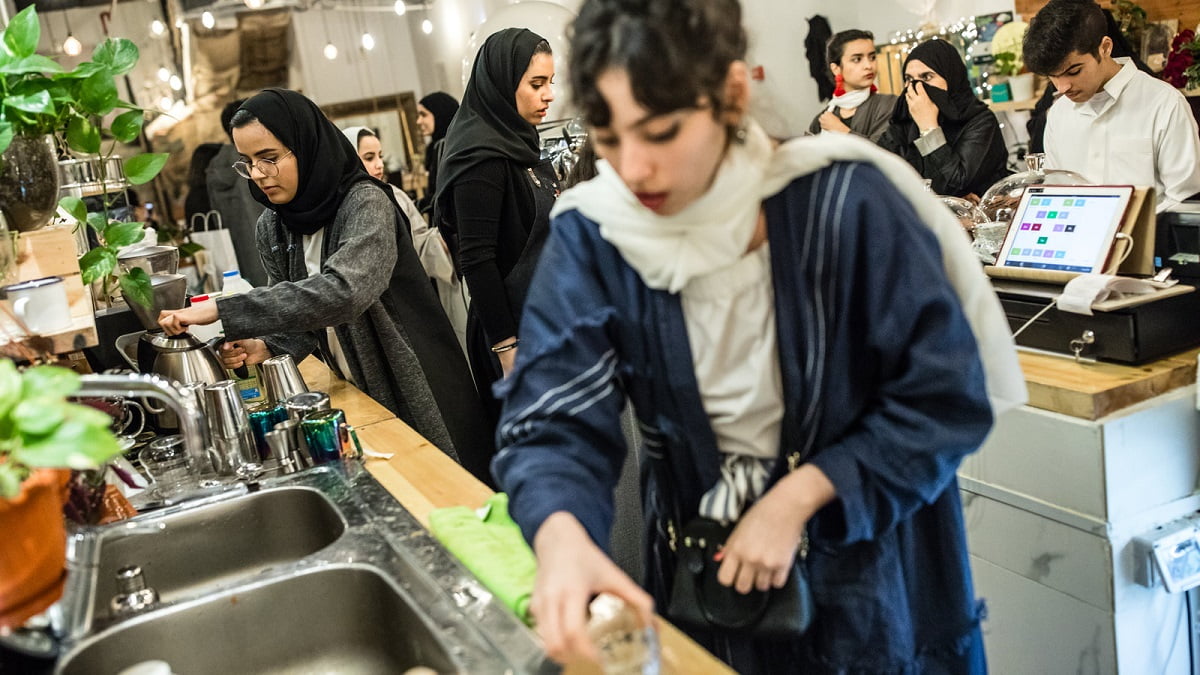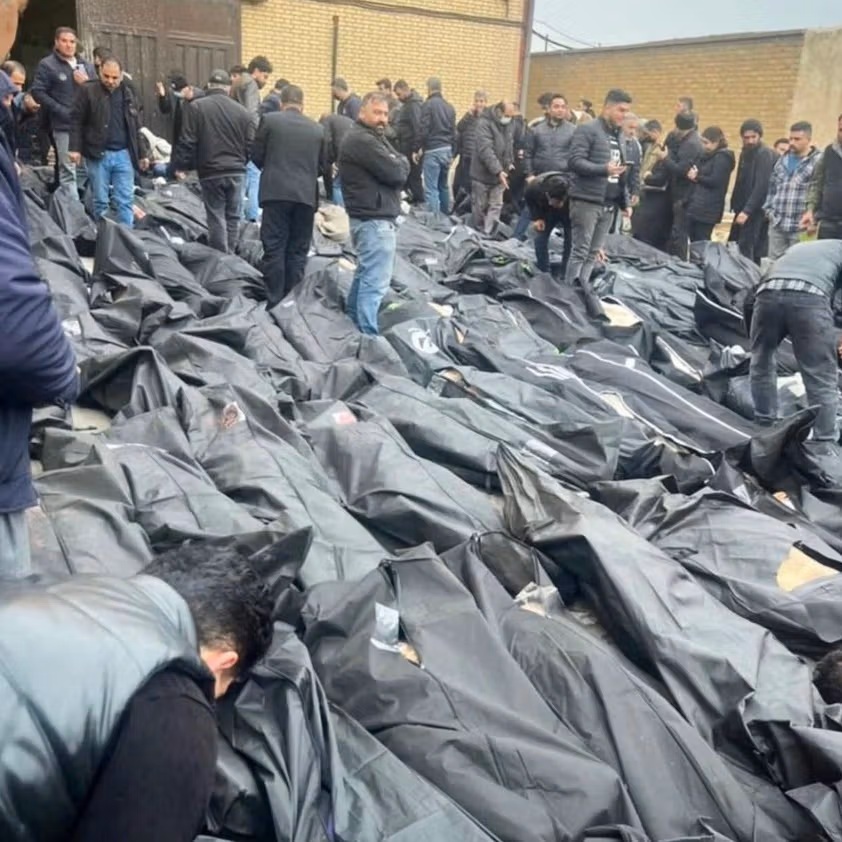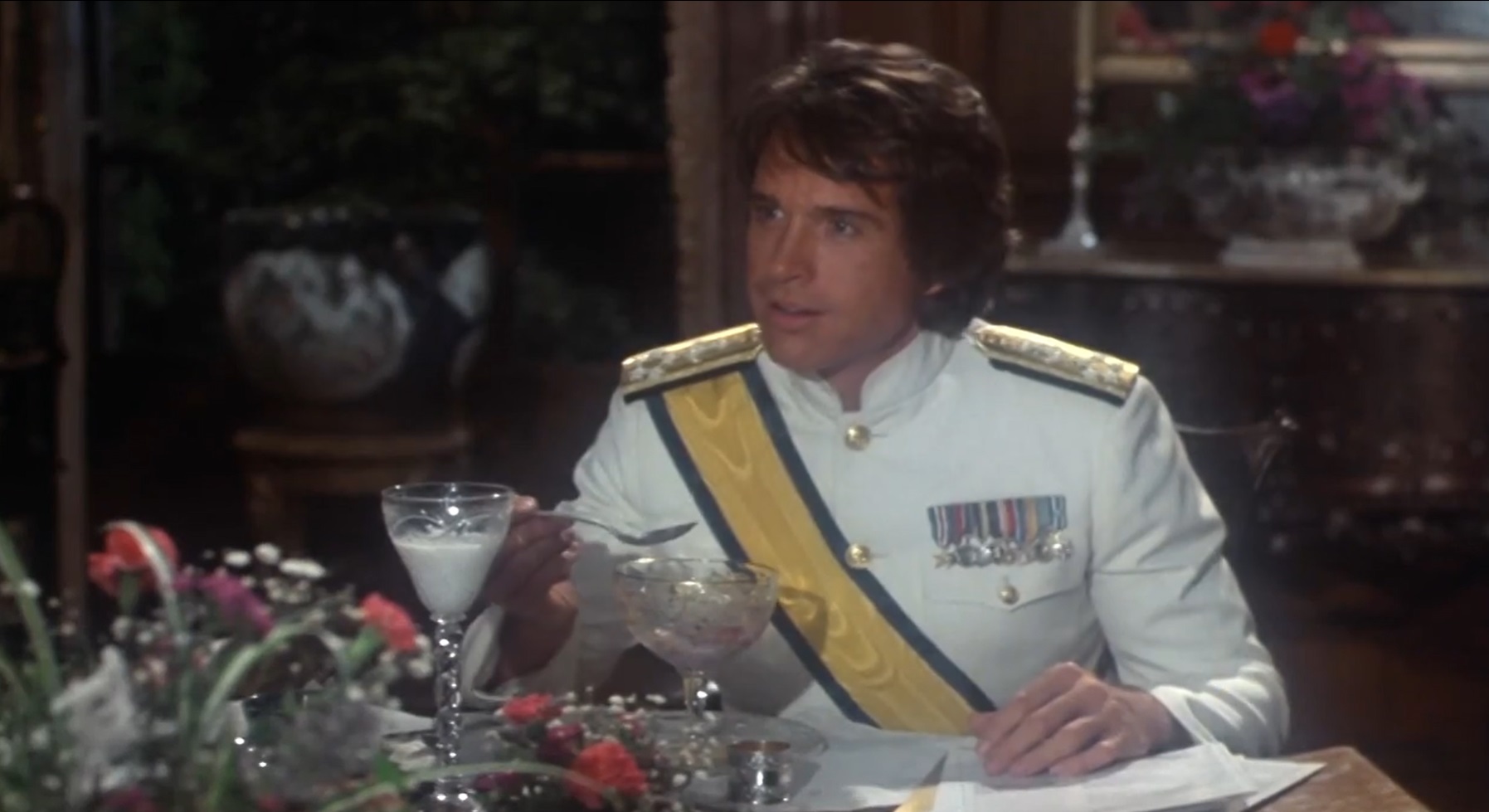
Saudi Crown Prince Mohammed Bin Salman is living up to his promises to reform Saudi Arabia. Last week a royal decree was signed, that will grant children of Saudi women married to non-Saudis the right to apply for citizenship when they turn 18 years. Western mainstream media, once again, failed to report on the matter, while this is another step forward for the position of women in the Kingdom.
By Arthur Blok
An ordinary afternoon in Saudi’s capital Riyadh. A group of four young ladies enters the Lobby Lounge of the fancy Four Seasons hotel for a High Tea. One veiled wearing traditional Saudi clothing, the other three ladies not.
This is the new Saudi Arabia under Crown Prince Mohammed Bin Salman in a nutshell. Unlike in Iran, it is now a matter of choice for women to wear a veil, not a requirement.
Saudi Arabia is on a path of dramatic economic and social reforms. The latest reforms, launched by the Crown Prince, mean that children of Saudi mothers and expatriate fathers can apply for citizenship once they turn 18, speak Arabic and are of good conduct.
A significant new development in the Arab world and a step forward for men’s and women’s equality. Many Arab countries like Egypt, Jordan, and Lebanon do not grant women who marry men of different nationalities the right to give their child citizenship.
“Another great move forward indeed,” said Hoda Al-Helaissi, one of the first women to join the Saudi Shoura Council in 2013. A reform, she explained, that has to be seen in the light of all other reforms of the past years.
Al-Helaissi was among the first 30 Saudi women appointed in 2013 to the 150-member Council, which is comparable to a western parliament. The Council is permitted to propose draft laws and forward them to the king for approval. Her Council membership was renewed in 2016 and 2020.
Al-Hulaissi: “All reforms should be looked at on a macro level. It combines changes that have allowed women to take a more effective and equal position in society.”
Before her role at the Shoura Council, Al-Helaissi was a lecturer at the College of Languages and Translation at King Saud University in the English and French departments from 1990 to 2012.
It has to be said. In recent years, millions of Saudi women have been empowered and granted newfound rights to drive, travel, and work with equal pay.
Developments that are changing the face of Saudi society on all levels.
Children of Saudi mothers have the right to health care, education, and employment provided the marriage is documented and approved by the government, explained Lina Almaeena, another prominent female member of the Council and co-founder of Jeddah United Sports Co.
Both Almaeena’s parents worked in the media. Her father was editor-in-chief of the English Saudi newspaper Arab News, and her mother was one of the first female anchors on Saudi television in 1977.
“The most recent reform signals that stronger progress and legislation is coming ahead. Very important indeed because it demonstrates that the transformation is an ongoing progress and has been one of the fastest global transformations in the world,” Almaeena added.
Culture, once almost absent from public spaces because it was considered blasphemous to Islam, is being nurtured and embraced. New cinemas, art shows, rock concerts, raves, theme parks, and even opera festivals are popping up across the country. Tourist visas are available upon arrival.
Al Hulaissi: “It was only a matter of time for this to happen. Opening up to the rest of the world is part of our evolutionary journey that has already crossed many milestones in our young country's history.”
In the new Saudi Arabia, the conservative religious doctrines that have controlled the society for decades are now being replaced by efforts to inculcate and propagate a more tolerant and moderate version of Islam.
School textbooks are being replaced, and a more open stance on the position of women in society is being endorsed. The state-backed export of jihad ideology has ended in favour of a message urging Muslims worldwide to respect the norms and laws of the countries where they live.
All the reforms - collectively known as Vision 2030 - are the brainchild of the country’s de facto ruler, Crown Prince Mohammed bin Salman. Who introduced reforms that were unthinkable ten years ago.
Al-Hulaissi: “After much cynicism by the western press at the beginning of Vision 2030, it should now be clear that all the reforms that have taken place in the last seven years are proof of dedication and the will to make the Vision's dreams come true”.
“Women have been truly empowered under the Vision, on a high diplomatic level with five ambassadors and on a national level in various sectors that didn’t have any women at representation in several ministries,” added Almaeena.
Far-going reforms and front-page news in the Arab and Islamic world that barely make it to Western mainstream media.
Why?
Al-Hulaissi explained it as follows: “These reforms are positive, and talking about them would depict Saudi Arabia in a positive light. Unfortunately, most Western press outlets prefer to use stereotypes when talking about our country.”
With that, Al-Hulaissi hits the nail on the head. Saudi Arabia is one of the most stereotyped countries in the world. “This new openness demonstrates our country is not only at the heart of ancient history but also becoming an important player in global development, that there are much more common grounds with the rest of the world,” colleague Almaeena added.
In the past decennia, Saudis have become used to stereotyping by the West. Despite all the reforms over the years, it proves to be challenging to turn the tide. Al-Hulaissi remains optimistic: “Hopefully, it will all lead to more understanding of what Saudi Arabia is and who the Saudis are.”





